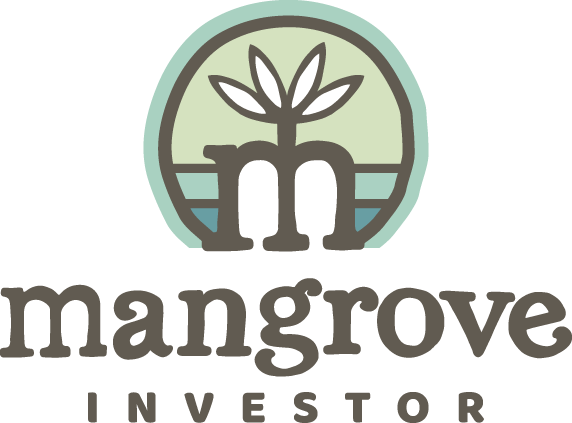

It’s Not All Bad News
It’s Not All Bad News: Three Major Wins for Climate
By Annie Stevenson
This week has seen a circus of bad news. Politics in D.C. has lost any sense of reason. A new COVID-19 variant has been on the rise. The stoves in our homes are even in on it – apparently gas stoves are much more dangerous than we thought.
The news isn’t better when it comes to the climate. Flooding in California can’t be blamed on climate change just yet, but it’s certainly not a good sign. And ocean temperatures seem to hit new record highs every time I check.
It’s tough to not feel disheartened.
But there’s reason for hope. Yeah, I know, some of these fights seem unwinnable. But the truth is that we have a history of taking on these issues… and winning.
We all focus on what’s happening now, but it’s worth it to look at the recent past to get some perspective.
Remember the fight to protect the ozone layer?
After international pressure, governments started making progress in the ‘90s and ‘00s. Regulators banned the chemicals that were harming the ozone the most. And in the 2010s, the crackdowns intensified. Today, the ozone layer has begun to heal.
Experts predict that the layer will be restored to its pre-1980 levels in populated areas in the 2040s.
Remember the fight to hold businesses accountable for the pollution they produce?
In 2017, the government of France gave in to activist pressure and made a law to allow corporations to be sued for human rights and environmental damages. Danone, the French company behind brands like Silk plant milks, Activia yogurt, and Delight creamers, has been challenged in a lawsuit this month. If you’ve ever bought any of its products, you know that they come in plastic tubs, bottles, and plastic-lined cartons. And much of that cannot be recycled in municipal facilities.
Three environmental groups are suing Danone to address its plastic packaging issue. We won’t know the result of the lawsuit for some time, but it is part of a growing precedent of holding companies to account.
Remember the fight to put green spaces in cities?
For years, urban residents have been urging planners to incorporate parks, gardens, and yards into their development plans. It has led to roughly 34% of New York City being covered in vegetation. That includes backyard and rooftop gardens, street trees and medians, and natural overgrowth – along with city parks. And that greenery can filter up to 40% of the city’s emissions during the growing season.
A new study from Columbia University and CUNY showed that emissions from traffic and some industrial sources can be nearly completely offset by the greenery in peak season – April to October.
It’s not all rosy out there, but we should celebrate wins where we get them.
These are the values that we support with our dollars at Mangrove. We are investing in companies that are doing good while they’re doing well.
And in 2023, we hope to see you along for the ride.

Numbers to Know
$133.52
How much to would cost me to purchase carbon offset for my personal annual footprint. Everyone will differ as the CO2 calculation is based on your personal housing, travel, shopping, and eating habits. In addition, the program you choose for your offset can have varying pricing per tonne of CO2. Go calculate your footprint and see where you stand compared to the averages. (coolclimate.org)
40.6 Billion
The estimated number of tonnes of CO2 emitted in 2022. We are now back to Pre-Covid levels and rising. (University of Exeter)
5 Times
Mangroves mitigate up to 5 times more CO2 than trees in rainforests. We here at Mangrove Investor consider the Mangrove a miracle tree. Not only do they can mitigate more CO2 than most species of trees but also provide habitat and costal protection. (wif.foundation)
What’s New in Sustainable Investing
2022 Report On US Sustainable Investing Trends
As more scrutiny and regulations are being put on Assets Under Management that identify with being ESG, the amount being reported has declined. We see that as a big plus and fair warning to the greenwasher’s to clean up their act on reporting. Check out the 2022 final report from USSIF.ORG on US Sustainable Investing Trends.
Houston Texans To Purchase Carbon Removal Credits
Although Carbon Offsets may not be the most optimum method (for more on carbon offset check out this Grove Article) for someone to reduce their carbon footprint, the effort is noted. Check out the NFL’s Houston Texans trying to do their part by partnering with another Houston mainstay oxy.com
Video Of The Week
Carbon Footprint
Staying with the theme of this newsletter here is a cool little explainer video on what is a carbon footprint.
What’s Your Footprint?


